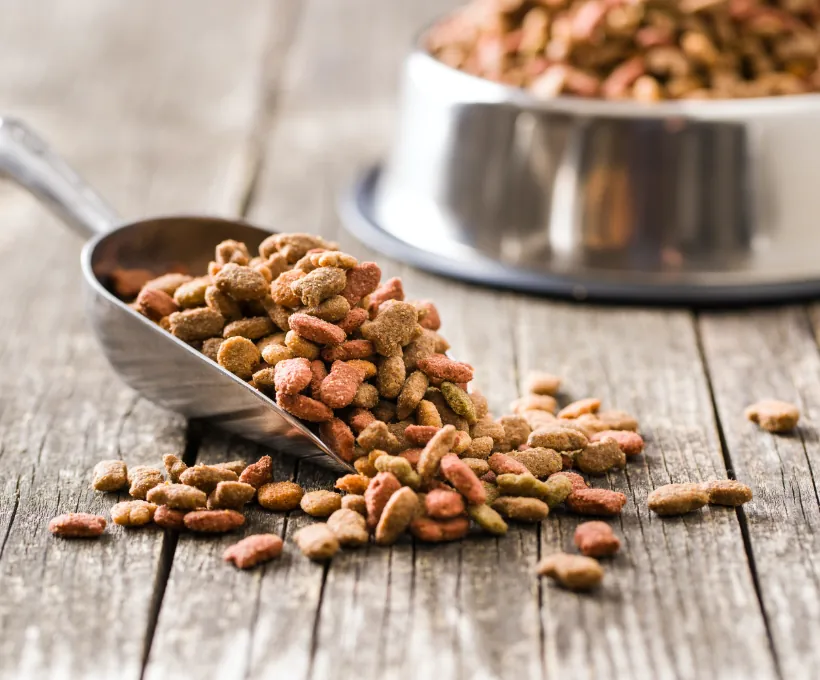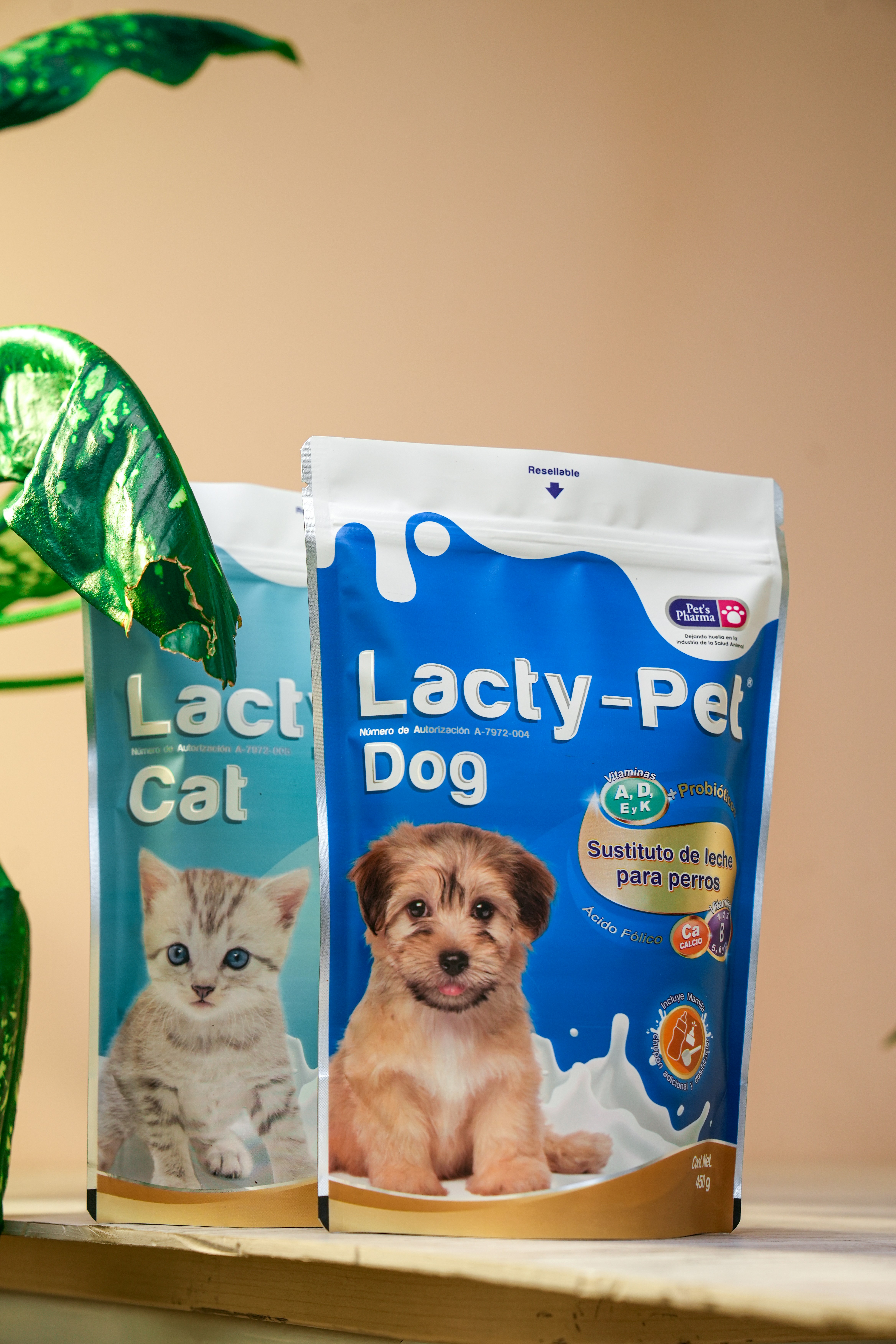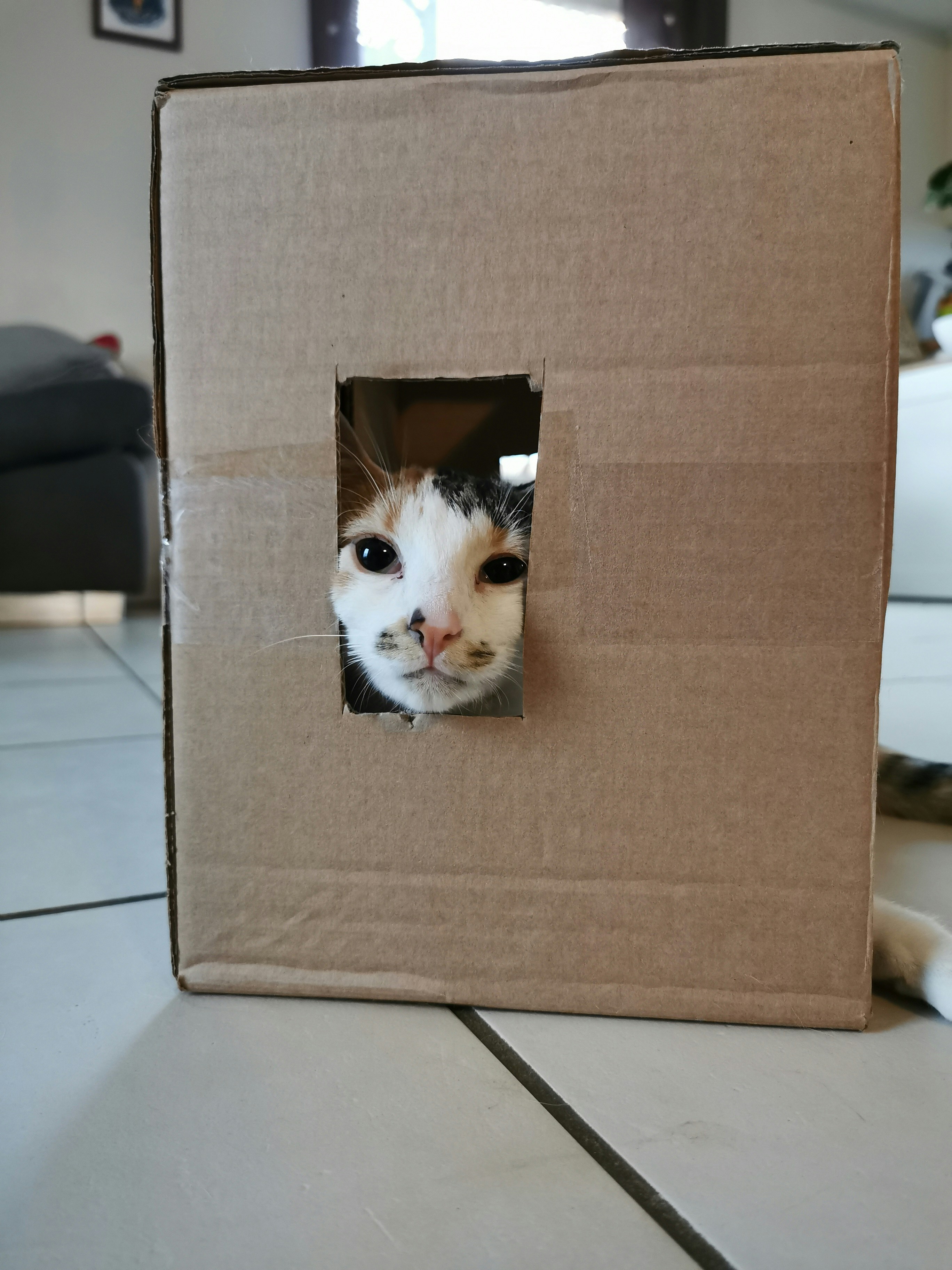
Overview of the Grain Shortage in Saudi Arabia
The grain supply in Saudi Arabia is currently facing significant challenges, resulting in an acute shortage. This situation arises from a combination of environmental factors, agricultural difficulties, and shifting consumer preferences. The kingdom’s arid climate and limited arable land contribute to the lower yield of locally produced grains, which exacerbates the shortage. Drought conditions and water scarcity further complicate agricultural productivity, leading to a dependency on imported grains to satisfy domestic needs.
In addition to environmental issues, agricultural challenges such as outdated farming techniques and limited investment in modern technologies hinder the potential growth of the sector. This stagnation forces the nation to rely increasingly on imports, which may not always meet the high standards required for premium pet food products. The fluctuation in global grain prices can drastically affect the supply chain, thus impacting the availability of high-end grains necessary for pet food manufacturing.
Furthermore, there is a notable shift in consumer preferences towards more premium and health-oriented pet food offerings. Pet owners are increasingly seeking grain-free or high-quality meat-based diets for their pets, which aligns with global trends favoring health-centric choices. As consumers turn away from traditional grain-based foods, manufacturers are compelled to adapt to this changing landscape. The result is a growing gap in the availability of high-end grain options that meet these new consumer demands.
The implications of the grain shortage extend beyond mere availability; it affects pricing, product formulation, and market strategies for pet food companies. As such, understanding the nuances of the current grain supply situation in Saudi Arabia is crucial for both consumers and producers alike, particularly in navigating the complexities of pet food supply and demand in a challenging environment.
The Rise of Loqma: A New Player in Pet Nutrition
Loqma has emerged as a prominent player in the competitive landscape of pet nutrition, particularly in a market that is increasingly gravitating toward grain-free options. Founded in response to the growing concerns about grain-based diets for pets, Loqma aims to provide a holistic approach to pet nutrition that prioritizes health and quality. This local brand has swiftly gained traction among pet owners who seek alternatives to traditional dog and cat food, focusing on high-protein, low-carbohydrate products that cater to the specific dietary needs of pets.
The mission of Loqma centers on enhancing the well-being of pets through nutritious food that mirrors their natural dietary tendencies. By employing a grain-free formula rich in pure meat, Loqma acknowledges the evolving preferences of consumers who are increasingly attentive to the ingredients present in their pets’ diets. The brand philosophy is predicated on the belief that pets thrive on a diet that emphasizes animal protein over grains, a notion supported by emerging research and pet owner testimonials alike.
To distinguish itself from traditional grain-based pet food brands, Loqma operates on a business model that emphasizes sustainability and health benefits. The company sources its ingredients responsibly, ensuring that all components of their pet food are sourced from trusted suppliers committed to animal welfare and environmental responsibility. This commitment resonates strongly with consumers who are increasingly seeking brands that align with their ethical values.
Loqma’s marketing strategies encapsulate these principles, leveraging social media outreach and educational campaigns to inform pet owners about the advantages of grain-free nutrition. By engaging directly with consumers and placing a strong emphasis on quality and efficacy, Loqma solidifies its position as a trustworthy alternative in the pet food industry, aligning with the progressive shift towards health-conscious pet ownership.
The Benefits of Grain-Free Diets for Pets
The shift towards grain-free diets for pets has gained significant traction recently, primarily due to a growing understanding of animal nutrition and pet health. An increasing number of veterinarians advocate for grain-free options, emphasizing the benefits associated with pure meat formulas. One of the primary advantages of a grain-free diet is improved digestion. Many pets, especially dogs and cats with sensitivities, can struggle to process grains effectively. A diet rich in protein and devoid of grains can lead to reduced digestive discomfort, which in turn promotes overall well-being.
Moreover, owners report substantial improvements in coat quality among pets consuming grain-free diets. Grain-free formulas often incorporate higher levels of essential fatty acids, which can enhance the luster and health of a pet’s fur. This can be particularly noticeable in breeds prone to skin issues. Additionally, pets maintained on a grain-free diet often exhibit increased energy levels. The concentrated protein sources found in such diets fuel activity and vitality, allowing pets to engage more actively in play and exercise.
Despite these advantages, misconceptions about grain-free diets persist. Some owners may erroneously believe that grain-free means entirely devoid of carbohydrates. In reality, many grain-free pet foods contain alternative sources of carbohydrates, such as peas or sweet potatoes, which can provide necessary energy without compromising digestive health. Pet nutrition experts affirm that while grains can be a part of a balanced diet for some pets, those with sensitivities or specific health concerns may benefit from a grain-free formulation. Thoroughly assessing individual dietary needs with the guidance of veterinary professionals is crucial. This balanced approach helps ensure that pets receive the nutrition they need while addressing any specific dietary concerns effectively.
Market Trends and Future Outlook for Pet Food Industry in Saudi Arabia
The pet food industry in Saudi Arabia is undergoing significant transformation, primarily driven by the ongoing grain shortage that has highlighted the need for high-quality alternatives. As consumers become increasingly aware of the nutritional value of pet food, there is a notable shift towards premium products that prioritize health and wellness. This trend is evident in the rising demand for grain-free formulations and protein-rich diets that cater to the specific needs of pets, reflecting a broader trend within the consumer market.
One key aspect shaping this market is the health-conscious behaviors of pet owners. Many consumers are now actively seeking out products that minimize fillers and allergens, recognizing the benefits of a meat-centric diet. Companies like Loqma have successfully capitalized on these changes by offering pure meat and grain-free options, positioning themselves as leaders in a niche market that appeals to health-oriented pet owners. The increasing willingness to invest in premium food further signifies a potential long-term shift toward higher standards of pet care.
Additionally, the grain shortage presents both a challenge and an opportunity for local manufacturers. While sourcing traditional grains has become more complicated, it encourages innovation, as brands look for alternative sources of nutrition that align with consumer expectations. As a result, there is a growing emphasis on developing sustainable practices and alternative formulations, which could lead to a more resilient supply chain and diversified product offerings within the pet food sector.
Looking ahead, the future of the pet food industry in Saudi Arabia appears promising. If current trends continue, we may witness ongoing growth in the premium market segment, driven by heightened consumer awareness and the emergence of innovative products that respond to the challenges posed by grain shortages. These factors suggest a dynamic and evolving landscape that local manufacturers like Loqma are well-equipped to navigate, provided they adapt to the changing needs of Saudi pet owners.




